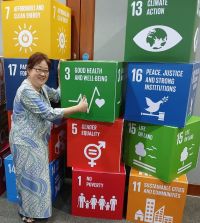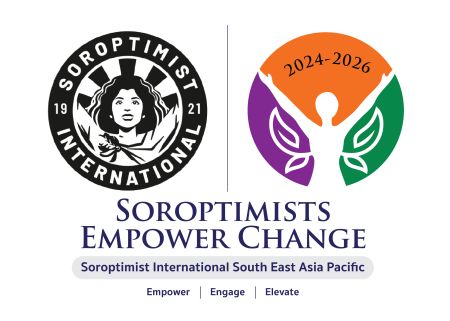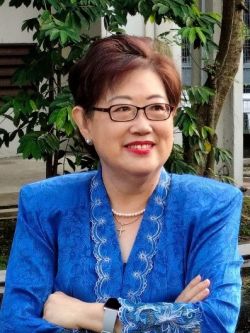10 December is Human Rights Day. We renew our commitment to upholding the universal principles of dignity, equality, and justice, recognizing that gender equality is fundamental to realizing human rights. Education, a powerful enabler of equality, remains out of reach for millions of women and girls worldwide. According to the 2024 UNESCAP report, limited access to education disproportionately affects women and perpetuates cycles of poverty and inequality, particularly in regions where cultural and systemic barriers restrict girls’ schooling.
Globally, over 129 million girls are out of school, according to the UN. The gender gap in education fuels disparities in employment opportunities, wages, and political representation. In the Asia-Pacific region, the intersection of poverty, rural living, and discrimination worsens this divide. Without urgent investment in education, we risk entrenching inequality for generations.

At the Asia-Pacific Ministerial Conference on the Beijing+30 Review held in Bangkok from 19-21 November 2024, I had the privilege to represent Soroptimist International during the round table session titled : Advancing women’s economic empowerment through employment, decent work, social protection and entrepreneurship.
In its intervention statement, Soroptimist International highlighted its mission to empower girls through educational opportunities, vital to enabling them to pursue their ambitions – the first step towards women’s liberation. Education is not only a fundamental human right but also a tool for breaking the cycle of poverty and fostering sustainable development.
“Educating a girl brings lifelong benefits: in adulthood, she is more likely to become financially independent, raise healthier children, gain community respect and seek help, if in an abusive relationship. So, we advocate for gender equality in schools to give girls an equal opportunity to succeed.
While the world has made significant strides in bridging the gender gap in education, crucial work remains to be done, especially in advancing this goal across the Global South. The high dropout rate among girls remains a critical issue, with many facing early marriage and increased risks of violence and abuse.
In 2019, one in five women married before 18. Raising the legal marriage age and keeping girls in school longer are key to reducing child marriage, exploitation and violence. A multifaceted approach is essential: policies should support retention, allowing girls to repeat a grade, if needed. Cultural perceptions of girls must shift, with Governments playing a key role in challenging gender stereotypes through campaigns, media and education. Building more schools in rural areas, ensuring such facilities as toilets, and employing more female teachers can make schools safer and more accessible for girls.”
Today, let us pledge to advocate for inclusive and equitable education systems.

✨ As we celebrate the joys of the season, let us carry forward the spirit of hope and renewal into the new year. May 2025 bring opportunities to empower, engage, and elevate ourselves and those around us. Together, let’s create a brighter and more inclusive future. Cheers to a year filled with happiness, growth, and success!
